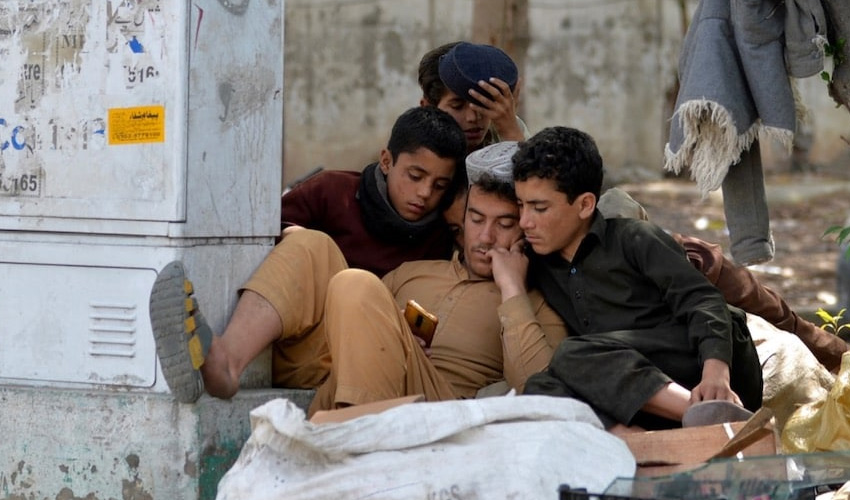With the expansion of digital access across the world, children are accessing the online world faster than ever. Every half a second, a child logs onto the internet for the first time statistic that shows enormous opportunities and serious risks.
In countries like Pakistan, the spree of technological innovation in kids experiences digital platforms for learning, entertainment, and communicating with others. This, however, opens the door to risks like cyberbullying, online child exploitation, and other forms of inappropriate exposure. Protection here is urgently needed in this digital era.
More than 76 million people are now connected through the Internet; these include a sizeable number of school-going children in Pakistan. This increase in facility has unfortunately seen a corresponding increase in digital perils. Incidents like that of the 13-year-old Karachi girl who became a victim of an online gaming acquaintance and eventually went missing create an ombre on the vulnerability of children in the virtual world.
While parents, educators, and policymakers try to catch up with the fast-evolving digital landscape, the kids are mostly left to their own devices in this virtual space.
Children of Pakistan face different threats online, which vary in exposure to harmful content, cyberbullying, and the risk of sexual predators. Research shows that one in five children talks to strangers online every day, leaving them at the mercy of these criminal elements. The outdoor sports in the country have gone down due to a lack of public space whereas many children are found spending time on digital platforms and hence getting exposed to these risks.
With great opportunities, the virtual world exposes children to some serious threats. In Pakistan, it's time certain steps for online safety are taken for its children. We can provide supportive ways to safeguard children while navigating the digital world with safety and confidence by raising awareness, encouraging open communication, and offering stronger legal protections.
Against the backdrop of shrinking outdoor activities and lengthening screen time, it assumes added urgency to teach children to navigate the virtual world with the right set of tools, education, and support. It is only then that a safe digital future can be guaranteed to the children of Pakistan.



























